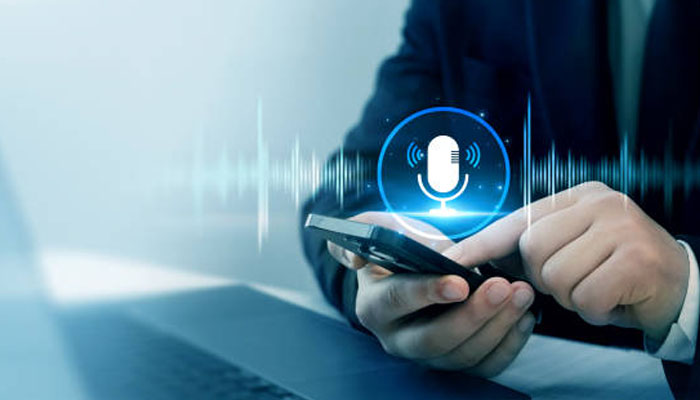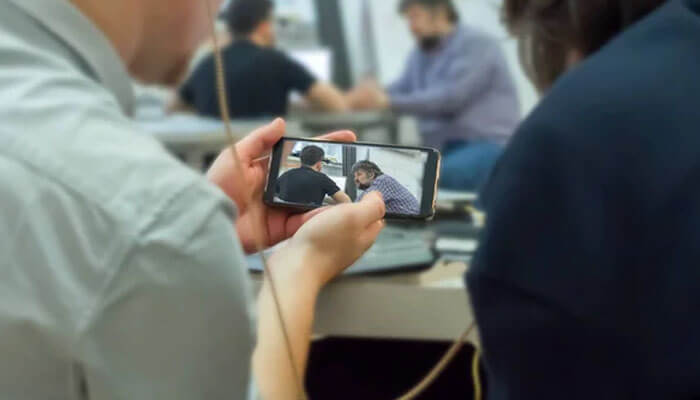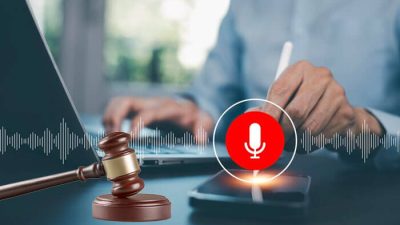Nowadays, recording a conversation is very simple, but it is not always legal. Can you record a conversation in Florida? You can use cell phones and other electronic devices for recording and if you use these features especially in Florida it can raise legal concerns, which has stricter privacy laws than most of the other states. This article provides you the detailed information about Florida recording laws and also most of them want to know, Is Florida a Two Party Consent State? And the answer is ‘Yes’ and let us know in detail.
Is Florida a One Party Consent State or the Two Party Consent State?
Florida is a Two Party Consent State as Florida recording laws are “Two-party consent” laws. As a result, any audio recording of a private discussion must require the approval of all the parties involved so as to be legal.
For example: You should not record a phone call without every person’s consent.
Florida Recording Laws:
Florida is one of the few states that prohibits recording private conversations except in limited circumstances. The rationale for this is to protect the individual’s privacy rights. Florida recording laws allows you to record a conversation but there are few Florida recording laws exceptions:
1. All parties consent: Recording is allowed, if everyone on the call gives their permission in advance.
2. Law enforcement purpose: If someone is acting in the course of an investigation or law enforcement, and that person is a party to the conversation or one of the parties has given consent. then this exception applies.
3. Protecting minors: It is allowed to record verbal exchanges that involve “an unlawful sexual act or an unlawful act of physical force or violence against a child [under 18].” The child must, however, be a party to the communications.
4. Public discussions: Since there is no reasonable expectation of privacy for the parties involved, it is allowed to record speeches and conversations in public places.
Penalties for illegally recording a conversation in Florida:
There are both criminal and civil penalties for illegally recording a conversation. Under Florida Criminal law, the first offense is a misdemeanor that carries a maximum punishment of one year in prison and a $1,000 fine as long as the recording was not used for illegal reasons or for profit. Unlawful recording is a third-degree felony in any other situations, with a maximum punishment of five years in prison and a $5,000 fine. Note that sharing any audio recording is a distinct felony.
Under Florida Civil Law, a victim of an Invasion of Privacy Tort can file suit to recover damages. Along with punitive damages, legal fees, and litigation costs, the perpetrator may also be forced to pay the victim $100 every day of the violation or $1,000 in total, whichever is higher. However, the victim must reside in Florida or the recorded conversation must have taken place in Florida to file such a claim.
When can a Florida court accept a lawful recording?
If a conversation was illegally recorded, it is generally inadmissible in a Florida court. Courts have declined to admit illegally made recordings into proof even when the allegations included substantial misconduct. See McDade v. State, 154 So.3d 292, 298 (FL 2014), where it was decided that recorded conversations confirming that a minor had been sexually abused incestuously were not admissible due to the perpetrator’s lack of consent.
However, a legally recorded conversation may be admissible in court if it is relevant to the case and otherwise admissible under the Florida Rules of Evidence. Additionally, the recording must be authenticated, and the party seeking to use it must prove the following:
1. The recording device was operating properly.
2. It was used correctly
3. The recording was precise, and
4. The voices of persons should be recognized.
For the first three items, the person who operated the recording equipment or understood how it worked may testify. The testimony of someone who can identify the voice, circumstantial evidence, or a voiceprint can all be used to prove the speaker’s identity.
Florida Recording Laws (Videos):
The installation of a video surveillance security system is legal in Florida so long as a written notice is prominently posted on the premises stating that the system has been installed for security reasons or as long as it is installed so that it is readily and immediately visible.
However, intentionally using or allowing the use of an imaging device (such as a video camera) to secretly view, record, or broadcast someone’s intimate areas or a person’s intimate clothes when that person has an appropriate expectation of privacy without that person’s knowledge or consent is considered as video voyeurism.
In addition, it is against the law to secretly record or view through the clothing worn by a person without the person’s knowledge or consent. Disseminating images obtained through video voyeurism with knowledge is considered as a violation.
Gaining consent for recorded conversations:
According to the Federal Communications Commission (FCC), if you are a third party and you need to take permission from the people having the conversation, you can get permission to record by:
1. Getting written or verbal consent prior to the recording.
2. Before the conversation starts, a verbal alert is played.
3. At regular intervals throughout the conversation, an audible beep tone is repeated.
Legal Defenses and Protection:
Individuals who are charged with illegal recording may use various legal defenses to mitigate liability. Absence of intent is a primary defense. Defendants can argue that they did not willfully participate in unauthorized recording, but Florida recording laws require intent to prove culpability. Charges may be dismissed or reduced if it can be demonstrated that there was no intent.
Challenging the alleged victim’s expectation of privacy is another defense strategy. Defendants can argue that a reasonable expectation of privacy was not justified by the circumstances, particularly the location or nature of the interaction. Claims of diminished privacy expectations may be supported by evidence or witness statements that could make the prosecution’s case weaker.
Conclusion:
I hope this article helps you to know about Florida recording laws. The recordings must be legally made and related to the case to be accepted in court. To use the recordings must also be verified.





